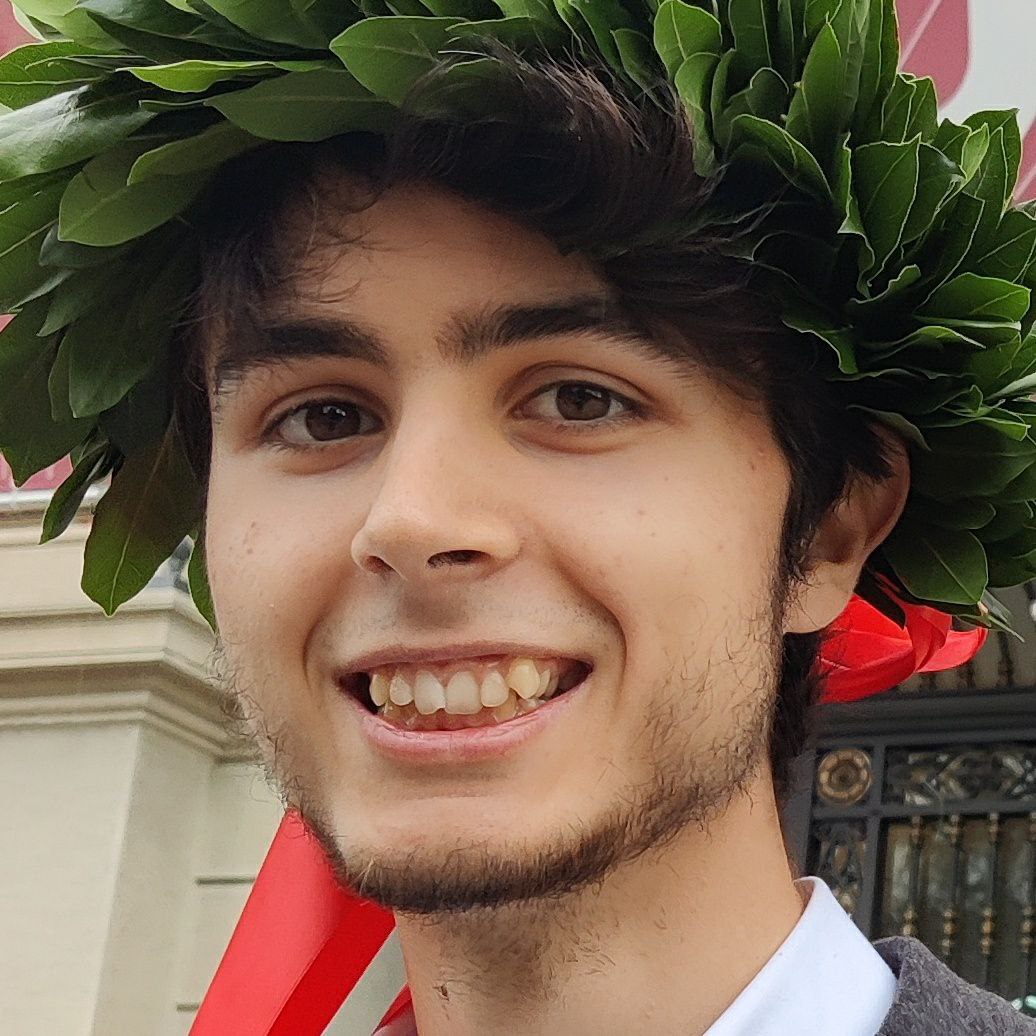
Primes with Runs
Considering $4$-digit primes containing repeated digits it is clear that they cannot all be the same: $1111$ is divisible by $11$, $2222$ is divisible by $22$, and so on. But there are nine $4$-digit primes containing three ones: $$1117, 1151, 1171, 1181, 1511, 1811, 2111, 4111, 8111.$$
We shall say that $M(n, d)$ represents the maximum number of repeated digits for an $n$-digit prime where $d$ is the repeated digit, $N(n, d)$ represents the number of such primes, and $S(n, d)$ represents the sum of these primes.
So $M(4, 1) = 3$ is the maximum number of repeated digits for a $4$-digit prime where one is the repeated digit, there are $N(4, 1) = 9$ such primes, and the sum of these primes is $S(4, 1) = 22275$. It turns out that for $d = 0$, it is only possible to have $M(4, 0) = 2$ repeated digits, but there are $N(4, 0) = 13$ such cases.
In the same way we obtain the following results for $4$-digit primes.
| Digit, d | M(4, d) | N(4, d) | S(4, d) |
| 0 | 2 | 13 | 67061 |
| 1 | 3 | 9 | 22275 |
| 2 | 3 | 1 | 2221 |
| 3 | 3 | 12 | 46214 |
| 4 | 3 | 2 | 8888 |
| 5 | 3 | 1 | 5557 |
| 6 | 3 | 1 | 6661 |
| 7 | 3 | 9 | 57863 |
| 8 | 3 | 1 | 8887 |
| 9 | 3 | 7 | 48073 |
For $d = 0$ to $9$, the sum of all $S(4, d)$ is $273700$.
Find the sum of all $S(10, d)$.
